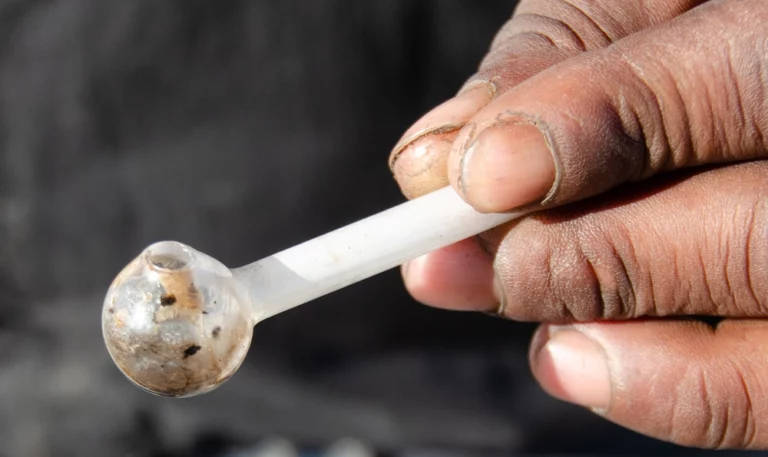Meth is a potent and highly addictive drug, and an individual using meth can develop a physical dependence on the drug quite rapidly. If they abruptly stop using it, they will likely experience symptoms of withdrawal. Withdrawal manifests differently for everyone, but it is important to be aware of the predictable set of symptoms, and what to expect when going through withdrawal from meth.
How Long Does it Take to Withdraw from Meth?
The length of time an individual will go through withdrawal from meth depends on how long they have been on the drug, and on the amount they were regularly taking. Individuals who have only been using it for a short amount of time, in smaller quantities, will likely experience less severe withdrawal symptoms, and for a shorter amount of time. Those who have been heavy, habitual users generally experience a more extended withdrawal stage with more severe symptoms.
Typically, the first week produces the most challenging symptoms, as the physical craving will be at its most intense. After the second week, most of the physical symptoms will have subsided, but some psychological withdrawal symptoms may remain, improving over time.
Meth Withdrawal Symptoms
Anxiety
Studies show that anxiety is one of the most prominent symptoms of withdrawal for meth users. As the individual’s mind and body adjust to the absence of meth, they often initially experience a general, sometimes overwhelming, sense of restlessness and unease.
Meth Cravings
Most individuals will experience an intense urge to use meth, as their body has grown to physically depend on it.
Increased appetite
Lack of appetite is a common side effect of meth, but when going through withdrawal, people are more likely to develop an appetite. In particular, many people report having a strong craving for carbohydrates.
Excessive sweating
Sweating more than normal is common when going through withdrawal, as the physical body clears toxins through sweat.
Depression
It is common to experience despondent, low, or depressed feelings while going through meth withdrawal. For many, this will improve within several weeks, while it may benefit others to seek professional mental health services.
Extreme Fatigue
While on meth, many individuals experience hyperactivity and sleeplessness. When in withdrawal, many experience the exact opposite. During withdrawal, it is common to feel lethargic and fatigued.
Recovery is Possible With Professional Help
It is extremely important to seek help immediately if you or a loved one is struggling with meth addiction or withdrawal. At Knoxville Recovery, we offer a clinically supervised detox program to clients in need. After detox is successfully completed, clients will have the choice of being admitted into our inpatient or outpatient treatment programs. We fully understand that every individual has different needs and both programs offer unique benefits.
Services offered:
Detox – Our on-site detox clinic accommodates and supports clients as the body sheds all residual traces of meth. Clients are under medical supervision during the detox process to ensure that they remain safe and comfortable.
Addiction Treatment – During our addiction treatment program, clients will engage in introductory therapies and exercises that work to prepare them for continued, more intensive treatment outside of our facility. The goal of our addiction treatment track is to stabilize clients so that they are treatment-ready.
Mental Health Treatment – Our mental health treatment program introduces behavioral therapies rooted in self-expression and holistic exercise. Art therapy, music therapy, and yoga are just a few forms of therapy we offer at the center. Our goal is to help the client reclaim their voice and expose them to treatment within a professional facility.
Aftercare Planning – Aftercare is designed for individuals who have benefitted from our introductory addiction services and are transitioning into a more intensive addiction treatment program. Once a client is stabilized, they will be encouraged to pursue continued addiction treatment. Our experienced case managers will then work with our clients to place them in a program that addresses their specific wants and needs.
At Knoxville Recovery, individuals will have the option to participate in various types of therapy and counseling, learning new coping mechanisms for dealing with addiction, get treated for any coexisting mental health problems, and learn to live a healthy life free of substance abuse. After treatment, it is highly recommended to join a 12 step program or other support groups to help prevent relapse and continue recovery outside of treatment programs. If you are struggling with substance abuse, do not hesitate to reach out today.










